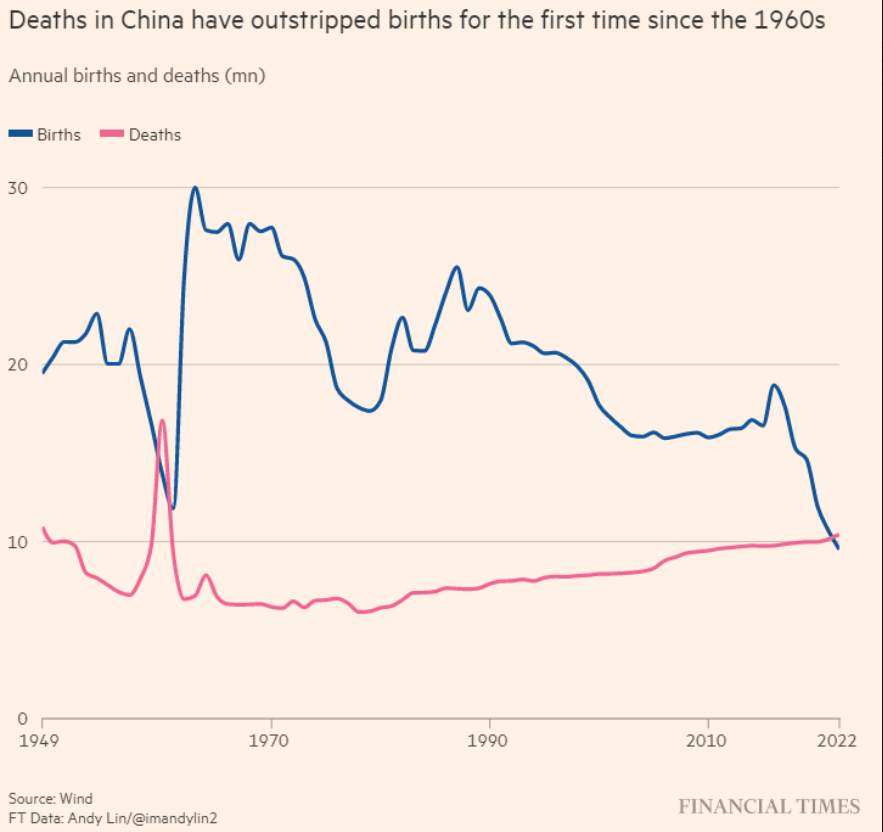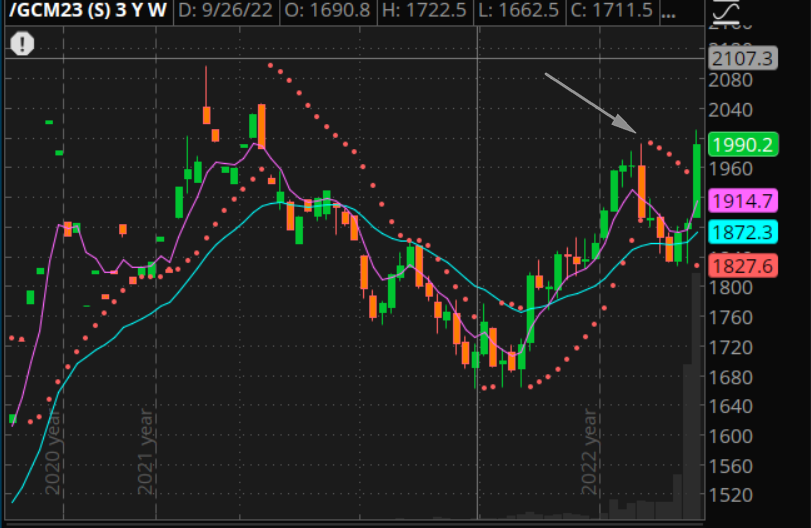Notes Today:
- Tension is building over the US debt ceiling, spurring investors as far away as Asia to prepare for the worst
- Global sea surfaces hit record temperatures this April...strong El Niño event appearing in the next few months looms over us...
- Currently, our planet contains eight billion humans. It also contains 33 billion chickens.
- @VodafoneGroup: Our partner @AST_Spacemobile (ASTS) has completed the first two-way voice call using the Bluewalker 3 (#BW3) satellite 🛰️ 🌠It’s the first time anyone has achieved a direct voice connection from space to everyday cellular devices. A next major step in mobile communications.
- With @AST_SpaceMobile, we've been testing the first-of-its-kind space-based cellular broadband network, with mobile phones. See what AT&T engineer, Suja John, says about our future. #ConnectingChangesEverything

















































